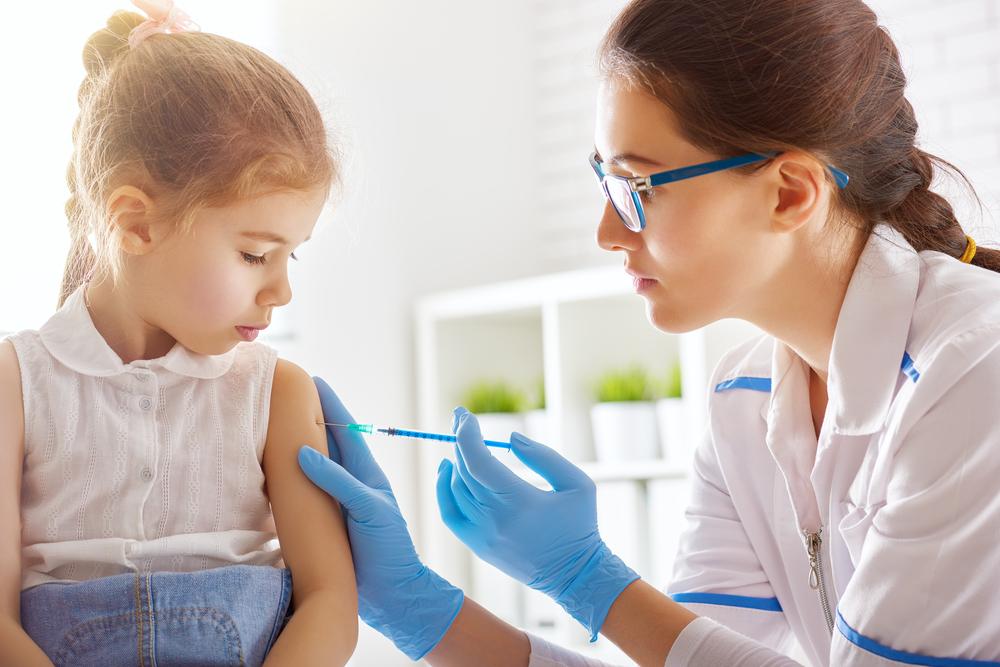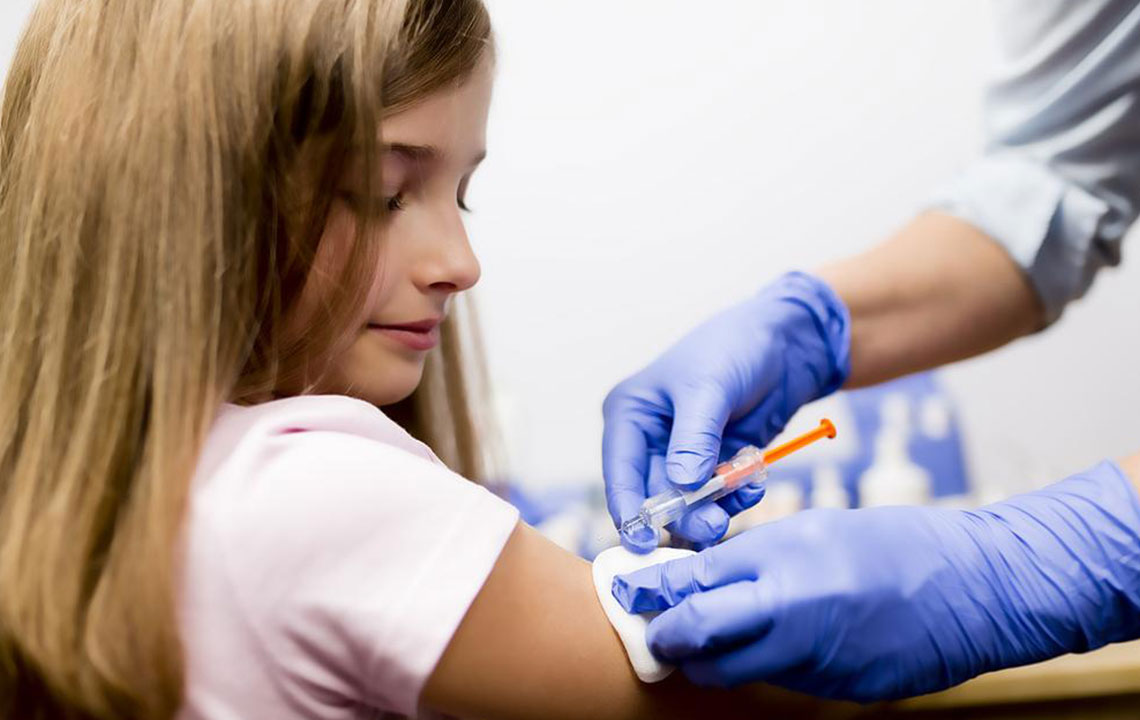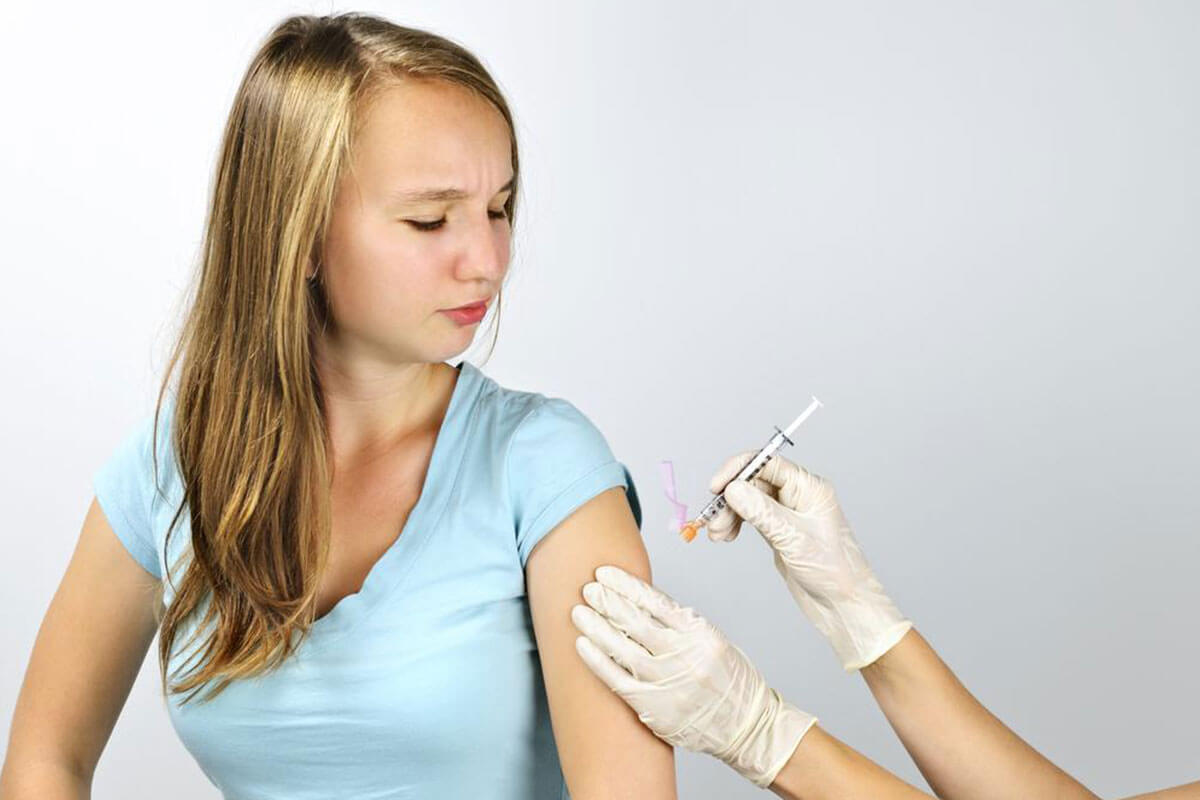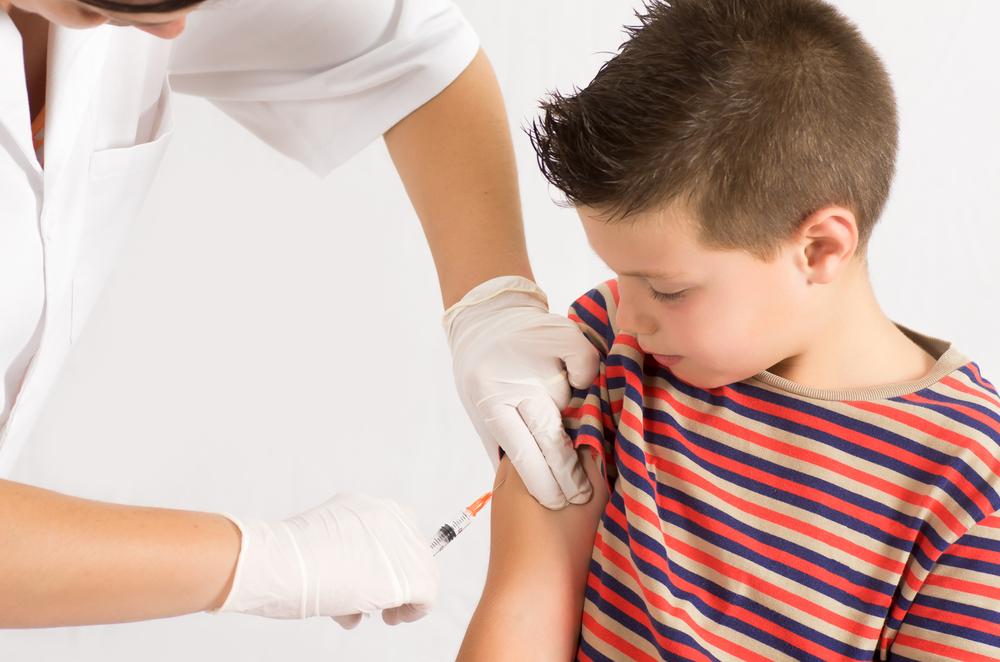Essential Insights on Immunization and Vaccination Benefits
This article provides essential information about the importance of vaccination, its components, and diseases it prevents. It highlights how immunization effectively controls and eradicates serious illnesses like measles, polio, and diphtheria. The piece also discusses age-specific vaccination schedules and the role of various vaccine ingredients in maintaining immunity. Emphasizing the significance of vaccination at early ages and among healthcare professionals, the article underscores its vital role in improving health outcomes worldwide.
Sponsored

Immunization is a crucial process that safeguards individuals from life-threatening diseases. It works by enhancing the immune system through the introduction of specific antibodies targeting certain pathogens. The method involves administering a small amount of antigenic material to stimulate immunity, gradually working towards disease elimination. Vaccination has successfully eradicated illnesses like smallpox and polio, showcasing its effectiveness both at community and personal levels. It is especially important during early childhood when susceptibility to infections is high.
Effective vaccines bolster the body's defenses, improving overall health and quality of life.
Vaccines contain specific components designed to elicit immunity. These include:
Antigens – Small amounts of weakened germs, such as bacteria or viruses, responsible for causing diseases.
Adjuvants – Substances like Alum that enhance and prolong immune responses.
Stabilizers – Gelatin or sugar residues that help preserve vaccine integrity over time.
Preservatives – Agents like thimerosal prevent contamination from bacteria or fungi, especially in multi-dose vials.
Inactivating agents – Formaldehyde and similar chemicals deactivate germs, ensuring they cannot cause infection.
Antibiotics – Prevent microbial growth within the vaccine formulation.
Culture media – Maintain the activity of antigens for extended periods.
Vaccines protect against many dangerous diseases such as:
Chickenpox – Two doses provide 94% protection, preventing a widespread contagious disease. Vaccines like varicella and MMRV also guard against measles, rubella, and mumps.
Diphtheria – Vaccination reduces its incidence by 99.9%, with vaccines like DTaP, DT, Tdap, and Td combating diphtheria, whooping cough, and tetanus.
Measles – MMR and MMRV vaccines cut risks by 99%.
Rotavirus – An oral vaccine mainly for infants to prevent severe diarrhea caused by rotavirus.
Different age groups have tailored vaccination schedules:
Infants up to 6 years old should receive vaccines for chickenpox, whooping cough, and measles.
Adolescents aged 7–16 should get vaccines against meningitis, influenza, human papillomavirus, and others.
Pregnant women without prior rubella and hepatitis B immunity are advised to vaccinate to prevent lifelong complications for their children.
Healthcare workers handling body fluids should be vaccinated against hepatitis B, chickenpox, and influenza for safety.






